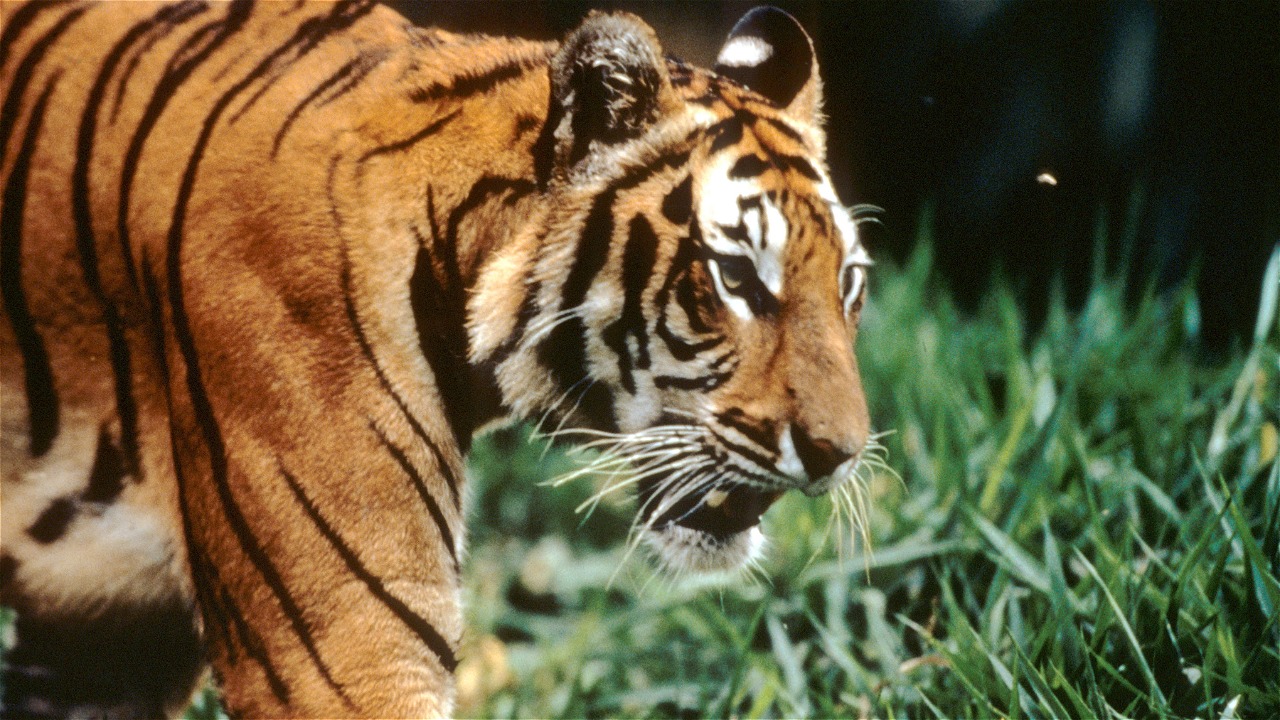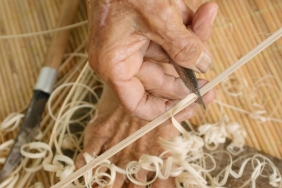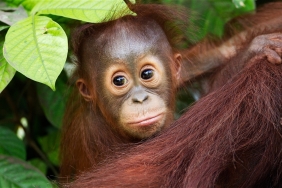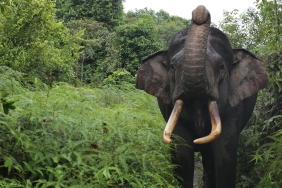WWF CALLS FOR AN END TO POACHING ON GLOBAL TIGER DAY
Jakarta (29/07)-The recently publicized death of a tiger caught in a hunter’s snare on the Indonesian island of Sumatra brings to light the persistent danger the big cats face as the world celebrates Global Tiger Day.
The tiger, a young male, was ensnared for five days before help arrived, and eventually died from its injuries. The area in Central Sumatra where the tiger was found is under increasing pressure from poaching and logging. Only about 400 Sumatran tigers survive in the wild.
Eight months after a historic summit hosted by Russian Prime Minister Vladimir Putin brought together NGOs, conservationists, civil society and leaders from 13 tiger range countries to forge a plan that would see the recovery of the endangered species, the incident illustrates the extraordinary amount of work left to do.
“Clearly poaching is still a major threat to the tiger which only continues to grow,” said Sunarto, Coordinator of WWF Indonesia’s Tigers Conservation Program. “As Global Tiger Day festivities get underway, we call on the governments and their leaders to honor their commitments from the Summit and take strong action to clamp down on poachers.”
During the day WWF Indonesia and Tigers Alive Initiative will chronicle the story of WWF Tiger Researcher Karmila Parakkasi, who works the same Central Sumatra landscape where the tiger was ensnared. The team’s camera trap videos recently gained worldwide attention when they captured two tiger families in an area called Bukit Tigapuluh (“30 Hills”), under imminent threat of clearing from pulp and paper companies.
Good Lesson Learn from India
In an historic announcement on 28 July 2011, the Indian government released the final results of a 2010 countrywide estimation of tiger numbers showing the national population had actually increased by 20 percent to 1,706 individuals from the previous census in 2006.
“These results show that with good protection, unyielding government commitment and robust participation from partners and civil society, poaching can be reduced and tigers can thrive,” said Michael Baltzer, The Head of WWF-International Tiger Alive Initiative adding, “Where those vital elements are missing, tigers continue to be killed by poachers.”





